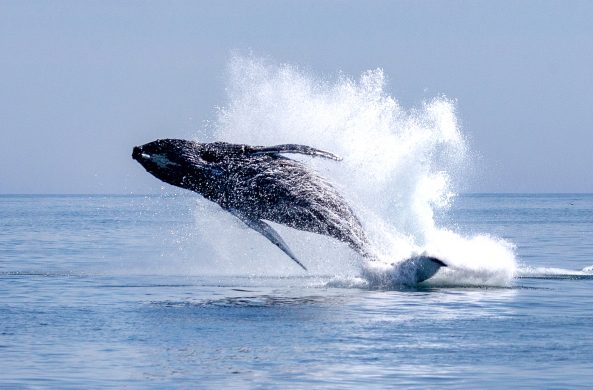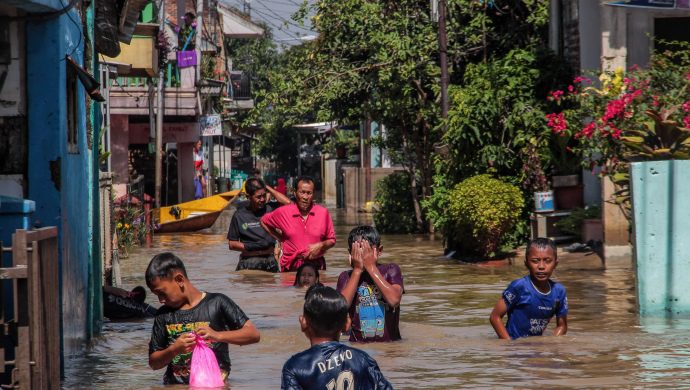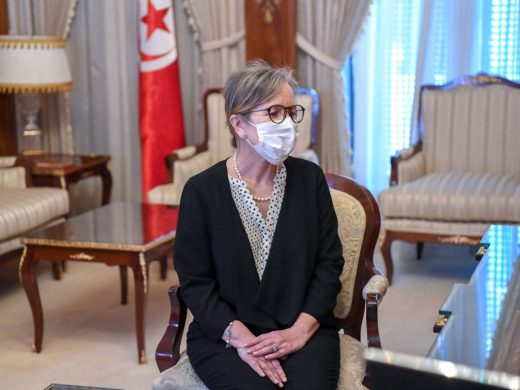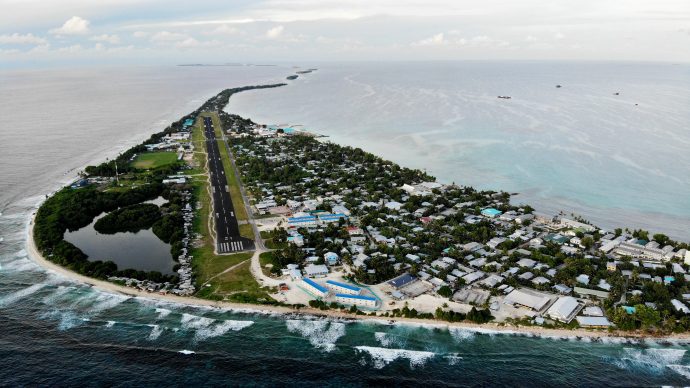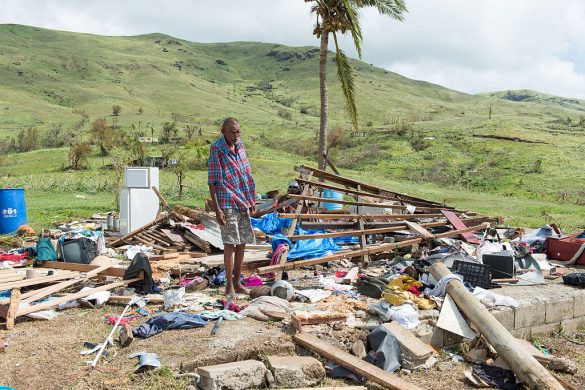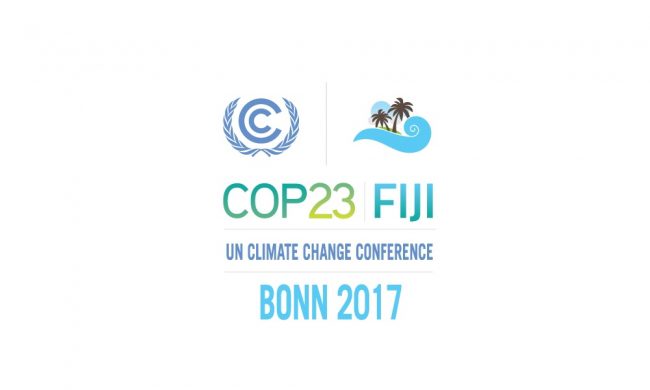UN Climate Change News, 17 January 2018: The 3rd International Year of the Reef began today with a call by the Prime Minister of Fiji and President of the Bonn UN Climate Change Conference COP23 President Frank Bainimarama to strengthen collective efforts to protect coral reefs, one of the most diverse and important ecosystems on Earth.
The International Year of the Reef (IYOR 2018) is designed to raise awareness about the importance of, and threats to, coral reefs and associated ecosystem.
It is also designed to promote partnerships between governments, the private sector, academia and civil society, and share information on best practices for the sustainable coral reef management.
“In one of the great tragedies of the modern world, these reefs are slowly dying. And we are here today to issue a plea to the world to summon the collective will to reverse this process. To save our coral reefs before it is too late,” said Prime Minister Bainimarama in a speech today from Fiji.
Ramsar site
Kicking off the International Year of the Reef, Prime Minister and COP President Frank Bainimarama announced the nomination of large portions of Fiji’s Great Sea Reef as a Ramsar site in an effort to protect it from threats, including climate change, chemical and waste water run-off from neighbouring urban settlement, and industry.
A Ramsar site is designated under international treaty as a wetland important for the conservation of global biological diversity and for sustaining human life.
Under the convention, wetlands are broadly defined and include areas such as coral reefs.
Protecting coral reefs is crucial for food security
Coral reefs occupy less than one tenth of 1% of the ocean floor. Yet they represent diverse ecosystems and are home to a quarter of all known marine species, contributing to food security through fisheries and providing multiple economic benefits.
Due to overfishing and an increase in coral bleaching caused by climate change, coral reefs and the benefits they provide are now under threat.
“Ecosystems built up over millions of years gone within the space of a generation. It cannot happen. It must not happen. We must come together as a global community as never before to prevent it. And today, as COP23 President, I appeal to every single person on earth to join our struggle to reverse this process”, said Mr. Bainimarama.
Full and rapid implementation of the Paris Agreement key to protection of corals
To tackle the threats posed to coral reefs by climate change, Prime Minister Bainimarama underscored the significance of aiming for the lower limit of the temperature rise as envisaged in the 2015 Paris Climate Change Agreement.
“I want to stress as COP President that it is absolutely critical if we are to save our coral reefs that the world embrace the 1.5 degree warming target and achieve net zero emissions within a few decades. As a landmark UNESCO report stated last year, achieving 1.5 is the only opportunity we have to save our reefs, the only way to avert extinction. And all around us, the evidence is mounting that time is running out,” said Prime Minister Bainimarama.
The prime minister noted that the annual United Nations Climate Change Conference (COP23) in Bonn, last November was a “great success”, reaffirming Fiji’s determination to continue to lead the global climate talks with vigour, focus and commitment.
In his remarks, the other important outcomes of the COP23 conference, including:
- Agreement on the 2018 Talanoa Dialogue, an inclusive process designed to raise ambition through national climate action plans to reduce carbon emissions;
- Progress made towards clear and comprehensive guidelines for the implementation of the Paris Agreement;
- Launch of the Ocean Pathway Partnership to protect the ocean from the impacts of climate change
- Finalization of the Gender Action Plan to increase the participation of women in the climate action process;
- Strengthening of the Warsaw International Mechanism for Loss and Damage arising from climate change





